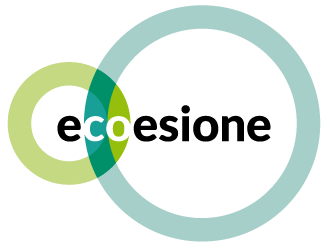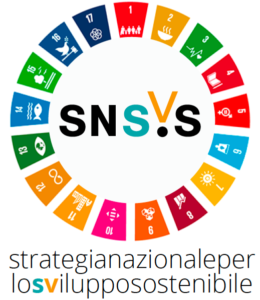Social cohesion in the ecological transition: Ecohesion
Policies aimed at tackling climate change can raise social and distributional issues, which may become an obstacle to the low-carbon transition. The Ecohesion project explores the relationship between climate and energy policies, structural change in the economy, and redistributive mechanisms. Taking a multidisciplinary systemic approach, Ecohesion aims to facilitate policymaking and support learning through advanced training courses and participatory processes.
Ecohesion is funded by the Italian Ministry for the Environment as part of the National Sustainable Development Strategy.
Overview
There is now widespread consensus that climate change calls for urgent action. A variety of environmental policy instruments – including taxes, subsidies and regulations – are being designed and implemented by Governments to reduce greenhouse gas emissions and improve energy efficiency. Often, however, these policies have different impacts on different social groups, imposing high costs on some and low or zero costs on others. Moreover, the orientation of climate policies is typically medium to long term, whereas costs are incurred up front. The differential effect of interventions should become an important consideration in environmental policymaking, as distributionally unfair measures are likely to cause discontent and opposition from negatively affected groups.
The Ecohesion project, run jointly by the Departments of Economics and Political Science at the University of Pisa, seeks to answer the following questions: What are the social effects of climate policy interventions, and how can they be minimised? Can these effects slow down or prevent successful implementation of the policies, thereby acting as a barrier to the low-carbon transition? Furthermore, which policies can break down these barriers and favour social innovation to make society more adaptive and resilient?
Objectives
The Ecohesion agenda consists of three strands, each characterised by a specific set of activities.
-
Analysis
The project’s first goal is to understand the social consequences of climate policies on one hand, and on the other the processes through which they can hamper ecological sustainability. Two lines of inquiry are pursued: the first examines empirically how environmental policies affect social cohesion through their effects on inequality and wellbeing; the second implements an action-research programme where researchers and civil society groups come together to explore issues of sustainable welfare.
-
Macrosimulation
Insights into causal relationships from Strand 1 are applied to 2METE, a system dynamics macroeconomic model used to simulate the effects of alternative policies on income distribution and greenhouse gas reduction. Policy scenarios are compared in terms of their economic, social and environmental outcomes.
-
Learning
The results are used for education and raising awareness. The following learning tools are developed: a web simulator with which members of the general public can run their own scenario analysis; a board game aimed at giving children a systemic view of the climate-society relationship; an advanced training course targeted at professionals, policymakers and other stakeholders.



